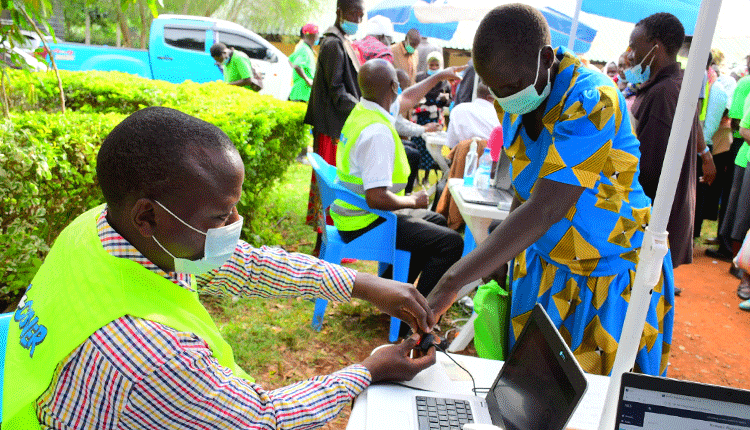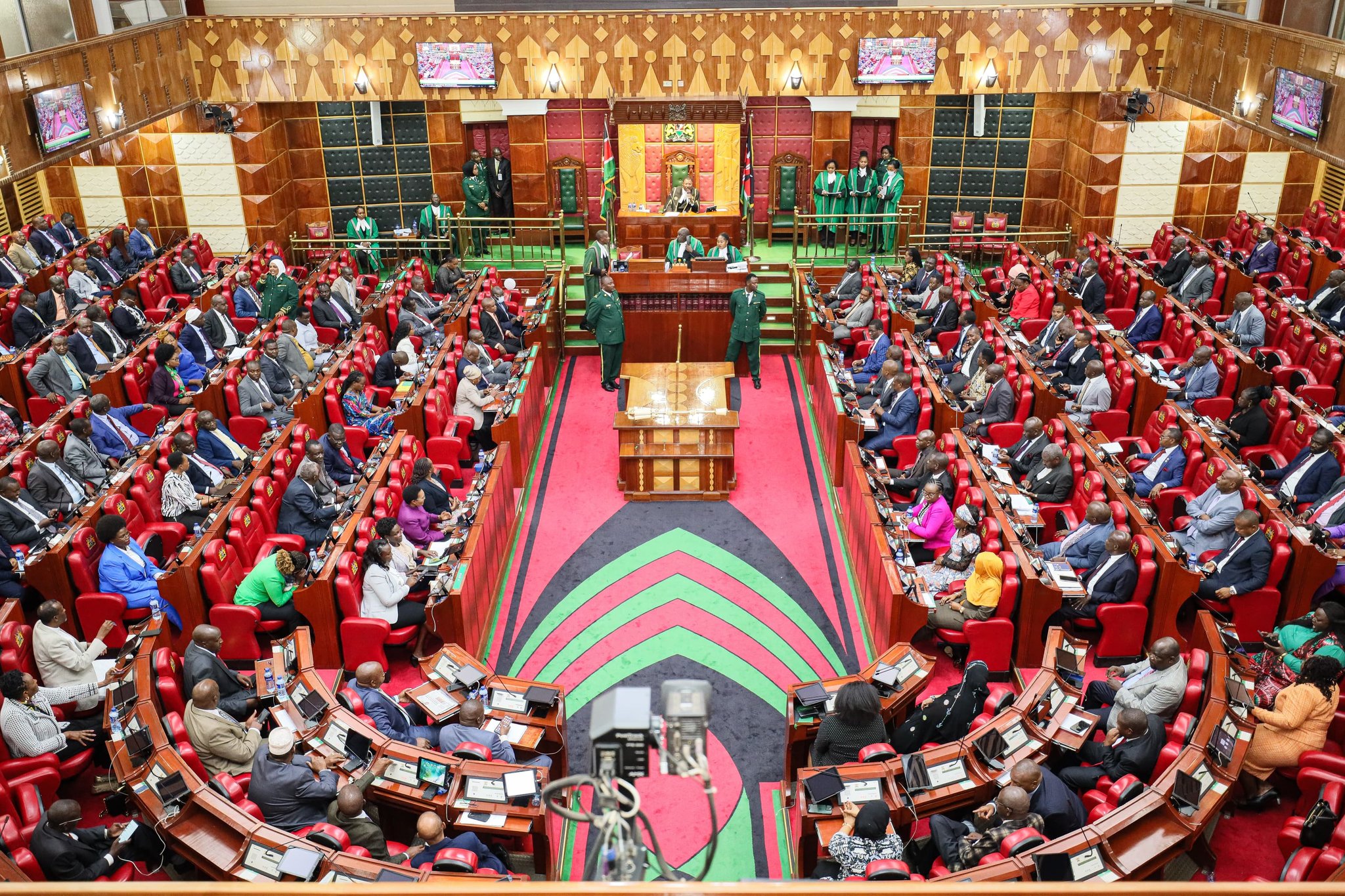Firms should think critically about digital skills

Jack Ngare
More than ever before, the Covid-19 pandemic has accelerated the place of technology and elevated the need for employees to have digital skills to thrive in this new world.
Virtual meetings are now more common; schools and universities have gone virtual and social apps are now for holding virtual parties.
Estimates by leading global research and advisory firm Gartner, indicate response to the pandemic has fast-forwarded digital adoption by five years.
One result of this is massive skill shifts. While the shift in skill needs was already a challenge, Gartner executives’ polls have shown that more than 58 per cent of workforces have noted skill transformations since the onset of the pandemic.
By other estimates, change today is happening 10 times faster and at 300 times the scale of the First Industrial Revolution.
The change is so momentous, it is referred to as the Fourth Industrial Revolution.
The clear consensus is that the pace of change is only going to quicken. This, coupled with the skills shift brought by Covid-19, creates an imperative for businesses to respond and respond rapidly.
Here in Africa, in just under three decades, the continent has witnessed incredible growth in the ICT space, with more internet connectivity, digital capability, and innovation.
Recently, Satya Nadella, CEO Microsoft noted, “We’ve seen two years’ worth of digital transformation in two months.
Africans have expanded applications of technology, changing the way communities bank, farm and even access healthcare.
As a way of building Africa’s talent pipeline for the digital age, stakeholders in technology like Microsoft have partnered with local universities to create a modern intelligent edge and cloud curriculum, unique to Africa.
We have for instance availed an opportunity, through our Africa Development Centre for graduates to build a relevant and meaningful career in data science, AI, mixed reality, and application development.
Our desire is to recruit exceptional talent that will build innovative solutions for global impact.
This is also an opportunity for engineers to do meaningful work from their countries.
This year, we are scaling this effort with the launch of the Game of Learners programme in the form of a purely virtual hackathon aimed to spur innovation among university students across Kenya.
The exclusively virtual initiative is student-driven with the overall objective to empower them to develop impactful solutions to address some of Africa’s and the world challenges.
Recently, we announced a new global skills initiative aimed at bringing more digital skills to 25 million people worldwide by the end of 2020 in response to the global economic crisis caused by the pandemic.
Expanded access to digital skills is important in accelerating economic recovery, especially for the people hardest hit by job losses.
But what is the reasoning behind all this? As per a white paper titled, Empowering People and Organisations to Achieve More, commissioned by Microsoft in 2018, in the digital economy, people’s most important contribution to the creation of corporate value will increasingly be their ability to come up with new ideas.
“Every person in every role will be expected to employ creative and innovative thinking, whether they are giving a sales presentation, doing financial analysis, or drafting plans for deploying new technology.
And instead of relying on text to convey ideas and information, people will use visuals, voice, and video into most communications and almost every presentation,” it reads in part.
Further, in his best-selling book, A Whole New Brain, published in 2005, Daniel Pink predicted that in coming decades, there would be a growing emphasis on “right-brain” qualities, such as inventiveness, creativity, strategy, empathy, play, and meaning. Recent LinkedIn research confirms much of Pink’s prediction.
This shift is also reflected in research that finds Millennials look for creative freedom when considering potential job opportunities.
Companies should therefore look to digital technology to help humans do more innovative work. — The writer is the Managing Director of Microsoft’s Africa Development Centre














